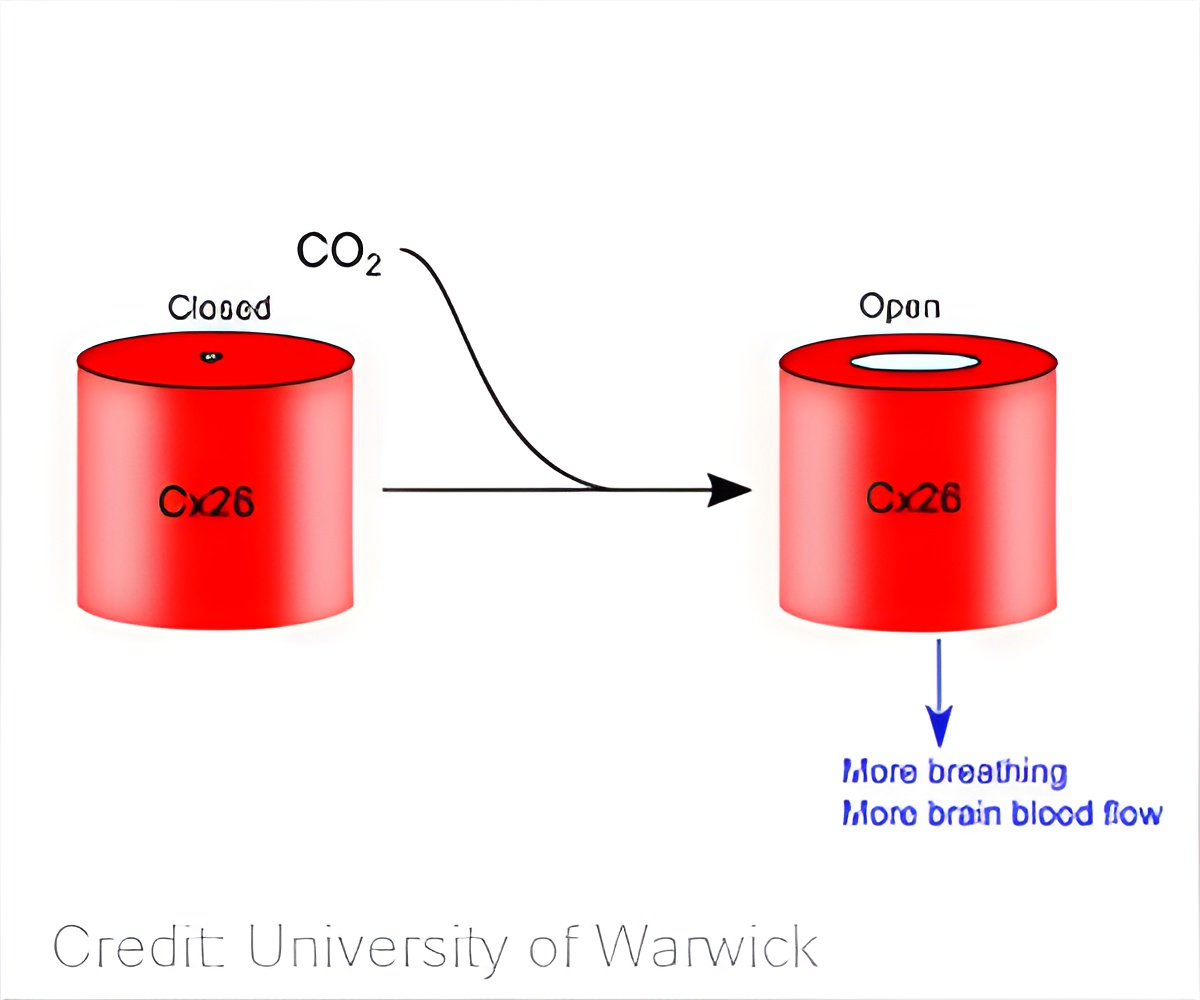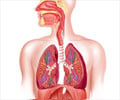
‘Breathing molecule called Connexin26 was discovered to treat respiratory conditions.’
Tweet it Now
Discovery could lead to more targeted treatments of respiratory problems & congenital deafness.Respiratory conditions could be better targeted and treated, thanks to the discovery of the vital molecule which regulates breathing - according to research by the University of Warwick.
Professor Nicholas Dale at the School of Life Sciences has identified Connexin26 (Cx26) as a key molecule that reacts to CO2 in our bodies and activates breathing.
Cx26 molecules detect levels of CO2 in the blood-stream, and when levels reach a certain point, they tell our bodies to excrete the CO2 and take in oxygen - the vital life-preserving process that allows us to breathe, and creates blood flow to the brain.
Without this essential molecular function, harmful levels of CO2 would remain in the bloodstream, making breathing difficult or impossible.
Advertisement
Identifying these mutations and working out how to restore the molecule to its normal function could lead to effective, targeted, personalised treatments to mitigate these risks and improve quality of life.
Advertisement
The researchers found that the CO2 binding properties matched the sensitivities of these different animals. Evolutionary natural selection has thus modified the CO2-binding properties of Cx26 - showing that this molecule is a universally important sensor of CO2 in warm blooded animals.
Professor Dale comments on the significance of the research:
"Important molecules with universal physiological functions are shaped by evolution. We have exploited this simple fact to show that the CO2-binding characteristics of Cx26 are important in our bodies too. This is likely to open up new ways to identify and treat people at risk of sleep apneas."
The research, 'Evolutionary adaptation of the sensitivity of Connexin26 hemichannels to CO2', is published in the Proceedings of the Royal Society B.
Source-Eurekalert











